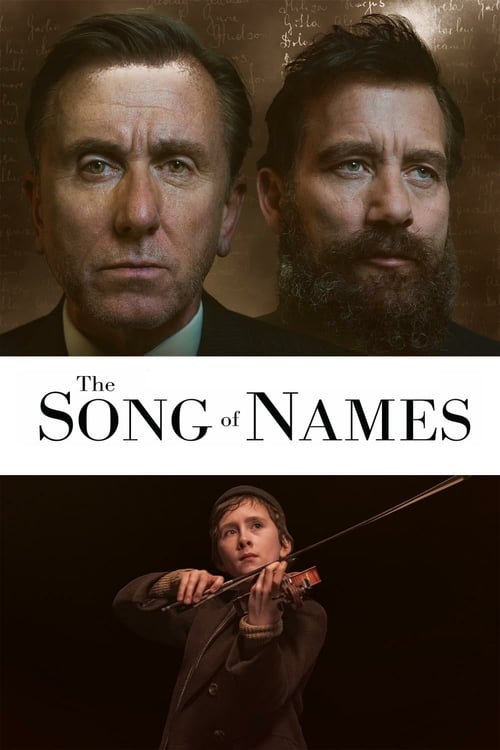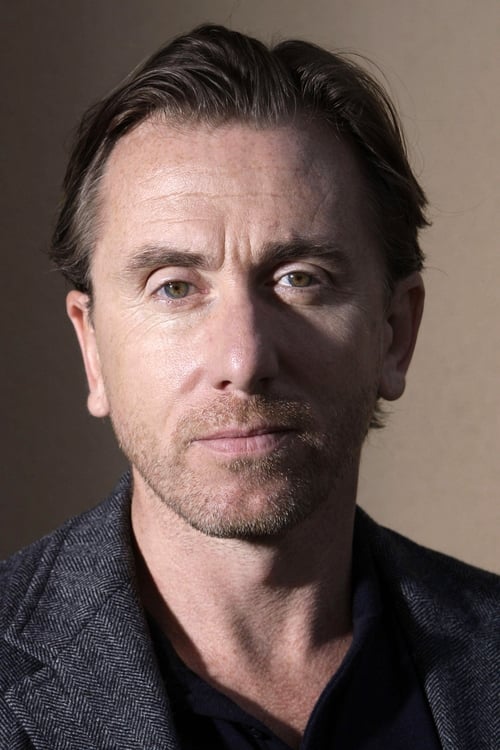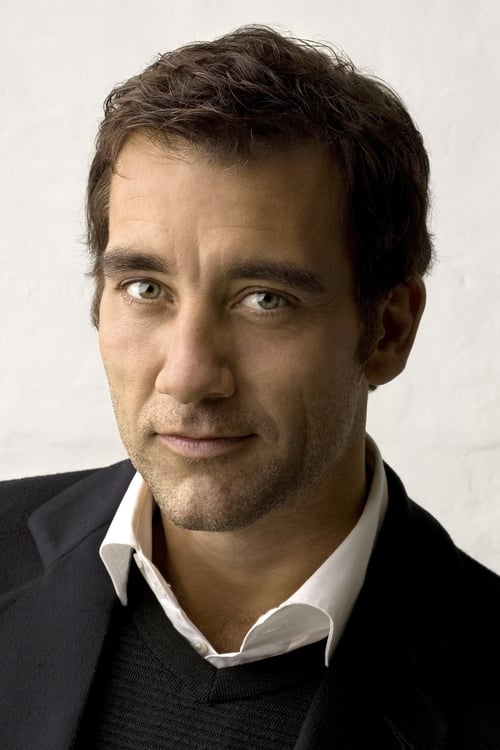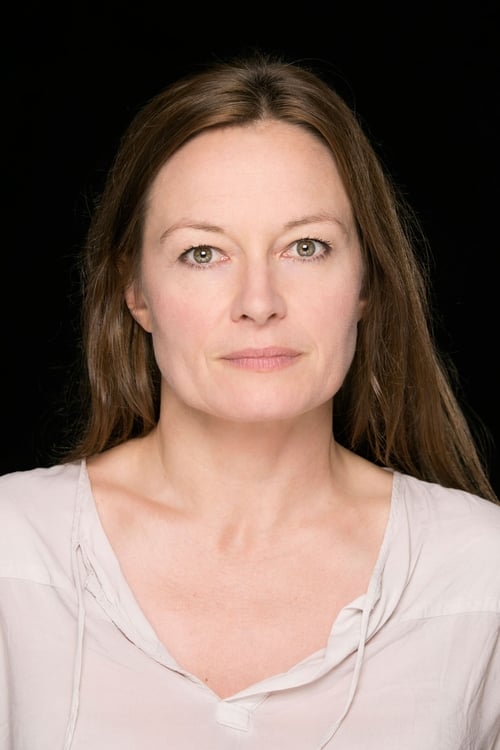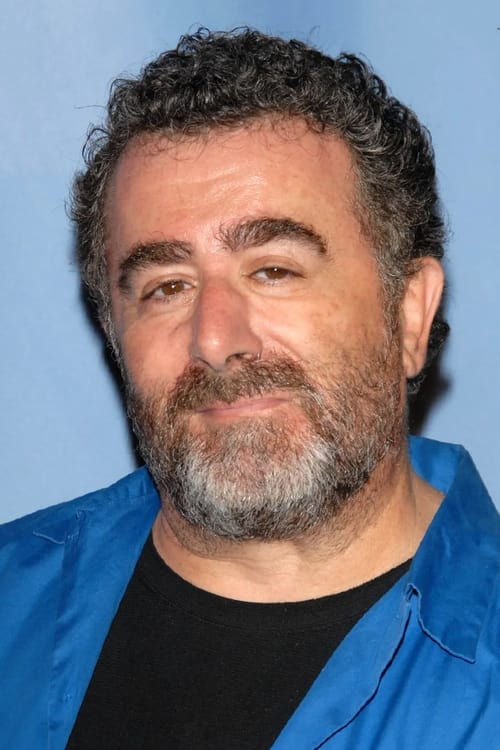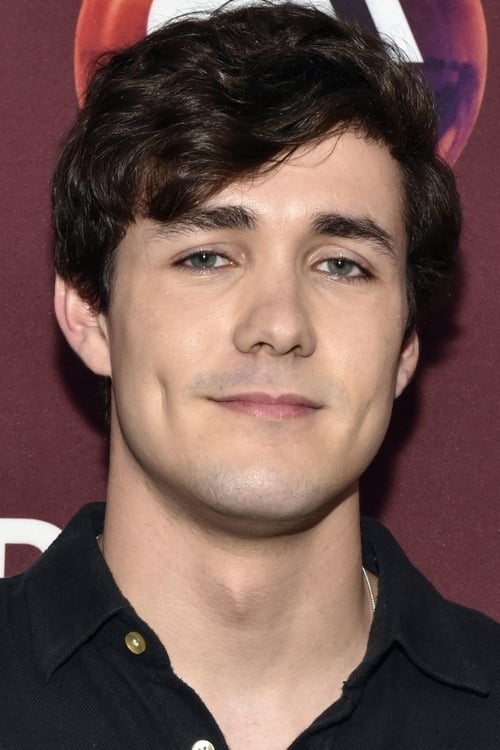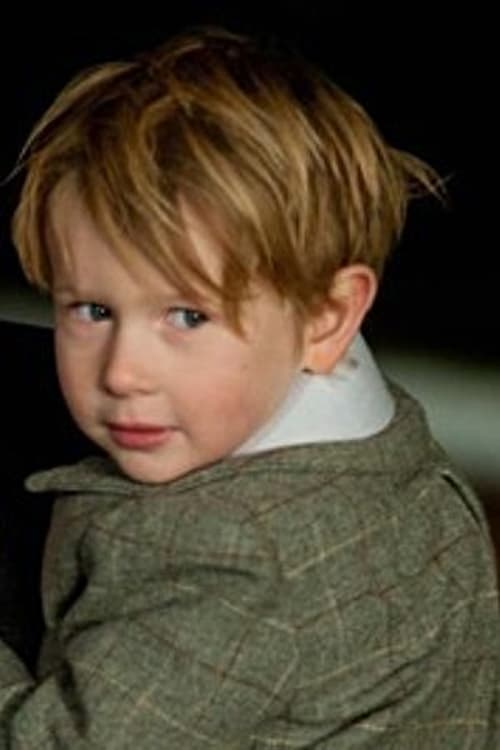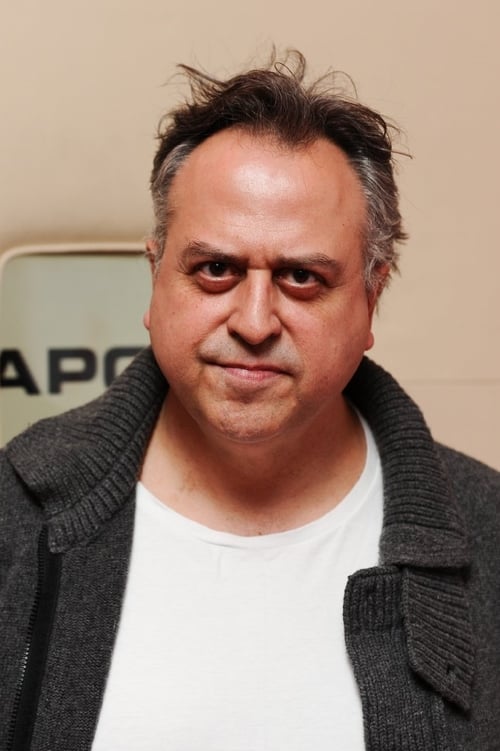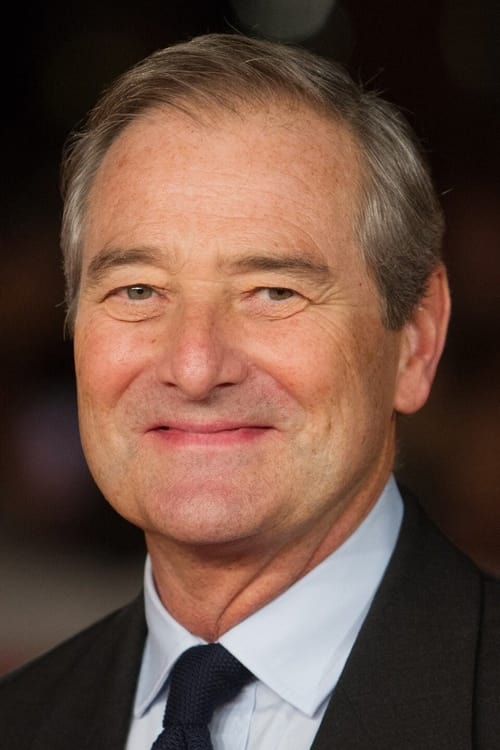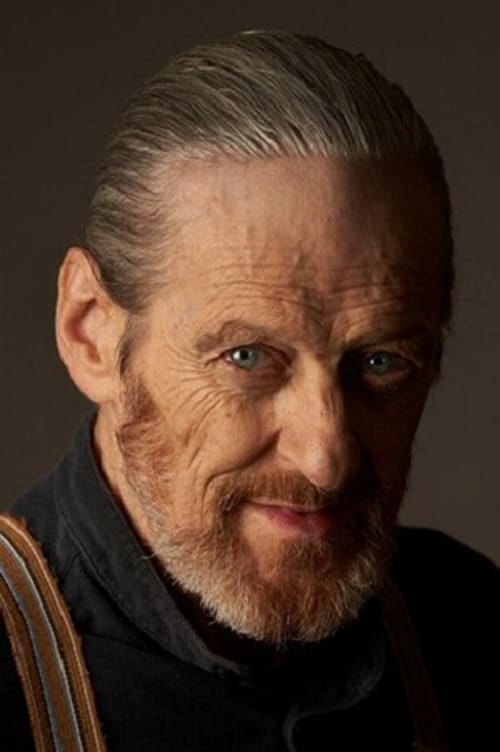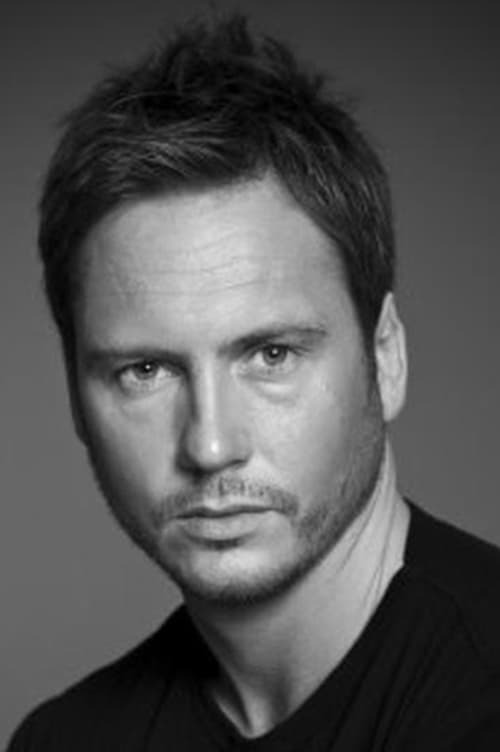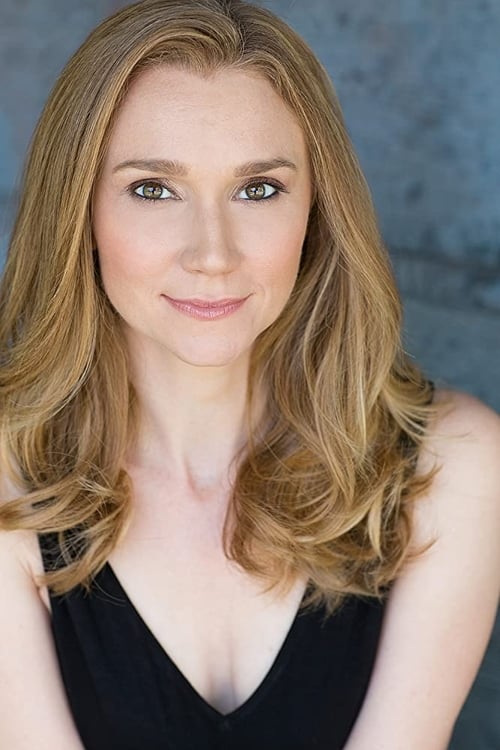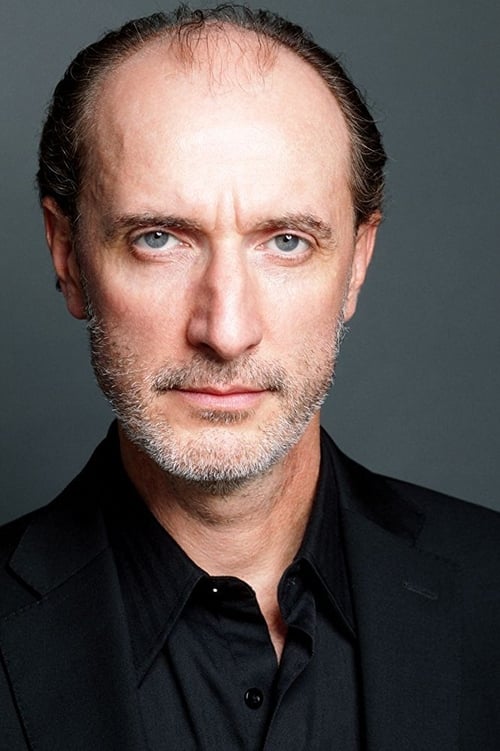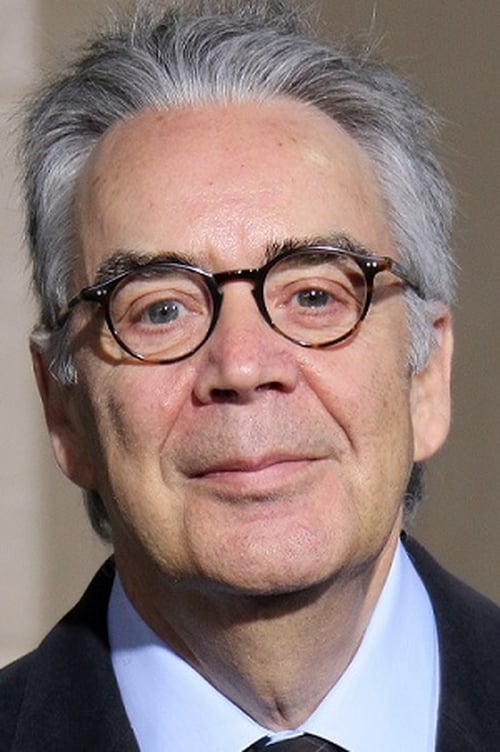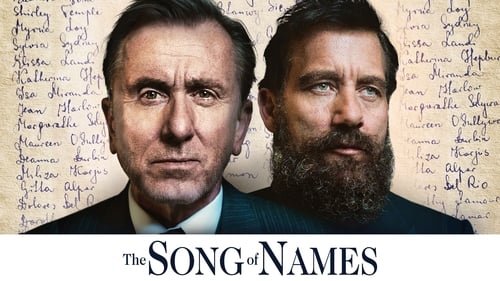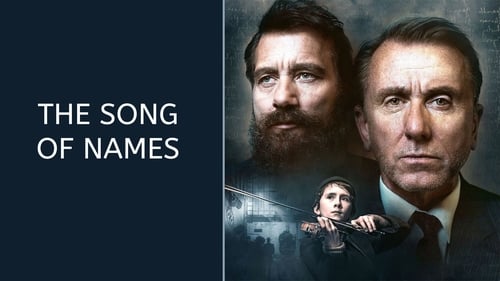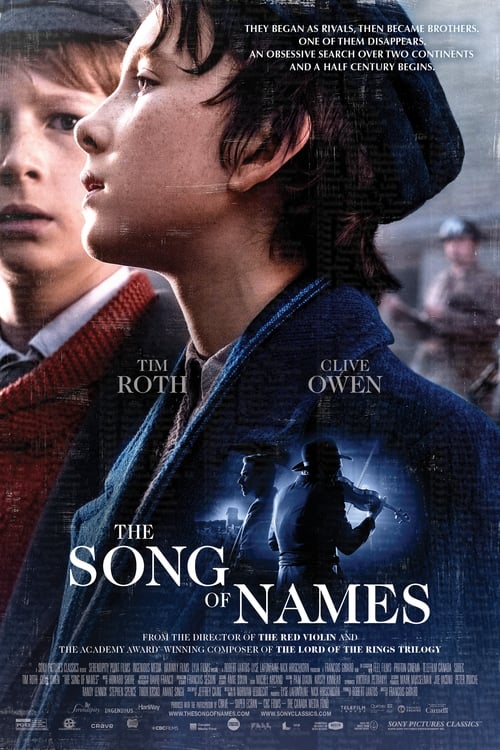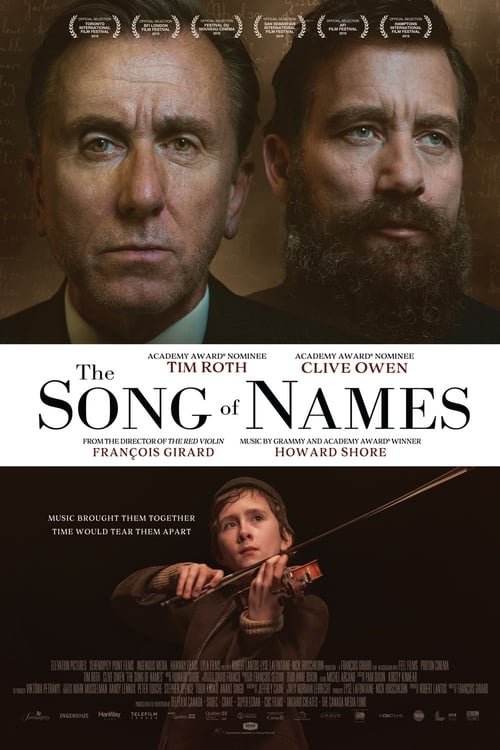The Song of Names (2019)
Music brought them together. Time would tear them apart.
Genre : Drama
Runtime : 1H 53M
Director : François Girard
Synopsis
A man searching for his childhood best friend — a Polish violin prodigy orphaned in the Holocaust — who vanished decades before on the night of his first public performance.
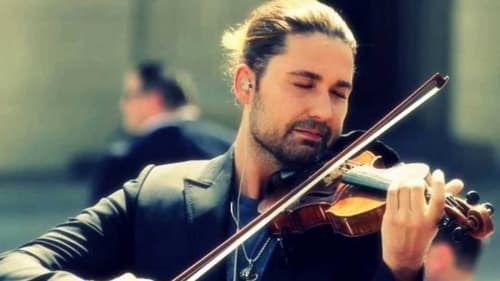
David’s recently released new classical album “Legacy” with the Royal Philharmonic Orchester has hit the charts. In May 2011 he performed the Beethoven-Concerto and works by Fritz Kreisler with the National Philharmonic of Russia under the conductorship of Vladimir Spivakov and Lorenzo Coladonato in the famous Festspielhaus in Baden-Baden and fascinated the audience. You are now able to watch this concert on David’s new DVD “Legacy – Live in Baden-Baden”, which will be released on 13th January 2012. The DVD also contains the documentation “Playing for my Life”.
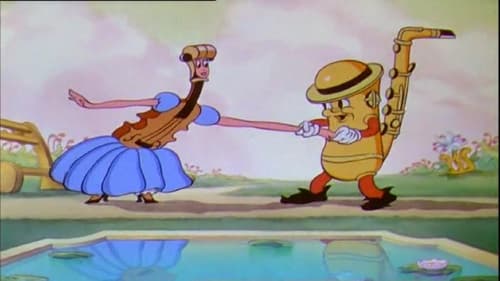
Musical instruments are the stars of a romantic fable set in the Land of Symphony and the Isle of Jazz, two islands separated by the Sea of Discord. The violin princess and the saxophone prince fall in love, but must meet secretly in order to avoid the wrath of their parents, the Symphony queen and the Jazz king. The queen finds the boy saxophone on her island, attempting to woo her daughter. She has him locked in the metronome, but the young lover manages to send a note - in fact, several musical notes on sheet music - that conveys the message that he has been imprisoned. The Isle of Jazz declares war by blasting musical notes across the sea. The only thing that can bring peace and harmony to the Sea of Discord is love.
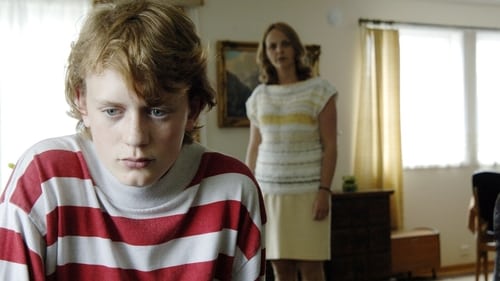
A strong, human tale about a boy growing up with an alcoholic father, but also an energetic story about teenage lust, pain and passion – about liberation and redemption.
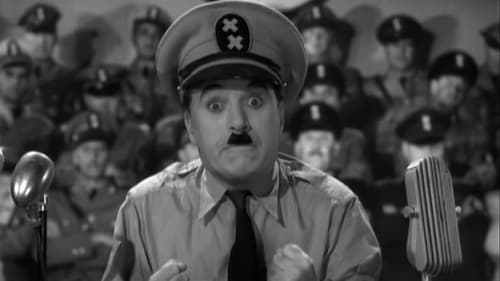
Daniel Anker’s 90-minute documentary takes on over 60 years of a very complex subject: Hollywood’s complicated, often contradictory relationship with Nazi Germany and the Holocaust. The questions it raises go right the very nature of how film functions in our culture, and while hardly exhaustive, Anker’s film makes for a good, thought provoking starting point.
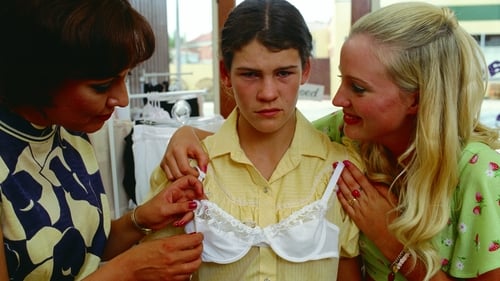
Sweet, chubby, theatrical Billy was never cut out to be a farmer or a rugby player, but as the only son of a ‘good kiwi bloke’ he’s obliged to try. The cows are stubborn and the chores gruelling but Billy finds escape in a fantasy world playing Lana, heroine of his favourite TV show Adventures in Space. Not everyone approves of Billy's transformation. On the brink of adolescene, he discovers growing up is more complicated than he could ever have imagined.

This film deals with a Jewish family in Montreal, Canada as they care for a dying grandmother and the young boy who is impatient to get the room he was promised as soon as she kicks the bucket.
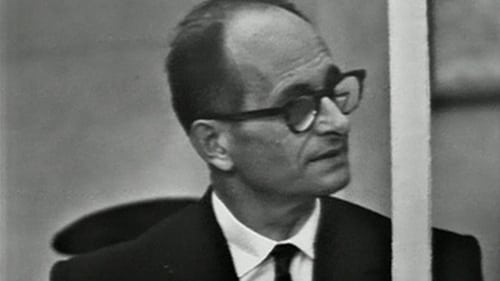
Composed exclusively of the footage recorded by Leo Hurwitz during the trial of Adolf Eichmann in Jerusalem in 1961, A Specialist is a courtroom drama painting the portait of a zealous bureaucrat who has immense respect for the Law and hierarchy, a police official responsible for the elimination of several million people, a modern criminal.

In February, 1945, Primo Levi (1919-1987) and other Auschwitz survivors set off for home. The journey took more then eight months. Sixty years later, a film crew retraces Levi's steps. Levi's words, mainly from "The Truce" (1963), tell us what he experienced. In turn, we see Poland's hollow post-war factories, nationalism in the Ukraine, Soviet-style Communism in Belarus, the abandoned town of Prypiat (Chernobyl), poverty and emigration from Moldavia, Italian factories in Romania, and on across Hungary and Slovakia to Munich where Levi's rage found no listeners. Then home to Turin. An aged Mario Rigoni Stern remembers his friend. What has changed? Some issues of the war remain unsettled.

Inspirada libremente en el libro (“Memories of Anne Frank: Reflections of a Childhood Friend”) escrito por Alison Leslie Gold. La escritora americana recopiló el largo relato de Hanneli Goslar (una de las amigas más cercanas de Anne Frank) cuarenta años después de la Segunda Guerra Mundial. (FILMAFFINITY)

The rise and fall of Nazi Germany's terrifying secret police force from 1933 through 1945.

Tells the story of five people from the last generation of Soviet children who were brought up behind the Iron Curtain. Just coming of age when the USSR collapsed, they witnessed the world of their childhood crumble and change beyond recognition. Through the lives of these former schoolmates, this intimate film reveals how they have adjusted to their post-Soviet reality in today's Moscow.
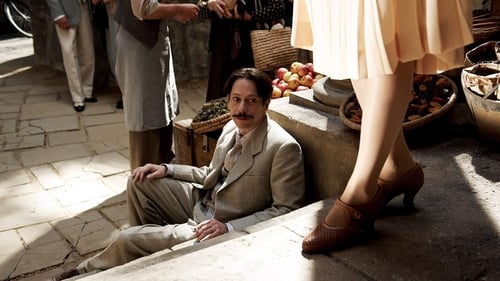
Nasser-Ali, a talented musician, loses the will to live after his wife breaks his beloved violin during an argument. He searches for a replacement, and finding none that sounds quite the same, he vows to die. Eight days later, he does. This is the story of his last week of life, where we see flashbacks and flash forwards of his previous life and his children's futures. We also see appearances of a nude Sophia Loren as well as the angel of death, Azarel. As we see his life, we realize exactly why he chose to end it and the profundity of this choice.

Pavel, a young student living in Prague in 1942, hides a Jewish girl in his apartment building's attic. Amidst the brutality of the occupying German army, love blossoms between the two. He is her only link to the outside world. Then the two are discovered by Pavel's mother, who forces the residents of the apartment building to decide whether Hana can remain.

A Jewish doctor helps a political fugitive during the Nazi occupation of Czechoslovakia.
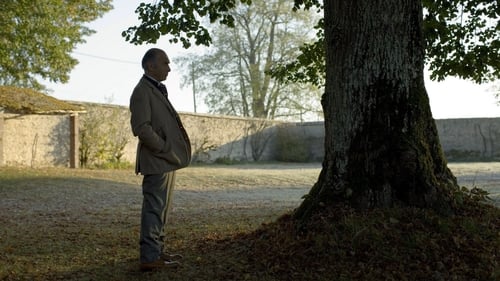
When Frédérick, the patriarch of the Alsatian Muller family, is conspicuously absent from his son Charles' funeral, Frédérick's surviving son and his granddaughter, raw from their loss, await an explanation. Once revealed, Frédérick's reasons and the painful secret Charles harbored for years threaten the foundations of the entire family.

Mr. Mermelstein (Leonard Nimoy) and Mrs. Mermelstein (Blythe Danner) a true-life California couple, thrown into the spotlight of judicial history in the 1980s. He is a Hungarian-born Jew, sole-survivor of his family's extermination at Auschwitz, and she is a Southern Baptist from Tennessee. Their four children are good kids, typical Americans, with just enough orneriness to irritate each other, but enough love and class to pull together when it counts. When challenged by a hate group to prove that Jews were actually gassed at Auschwitz, Mel Mermelstein rises to the occasion with the support of his wife and children, in spite of the dangers to himself, his business, and his family. William John Cox (Dabney Coleman) provides legal help (pro bono) as a lawyer, originally a Roman Catholic from Texas.
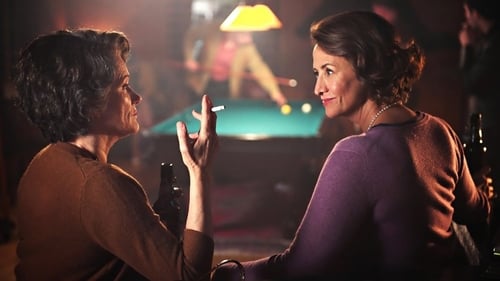
HANNAH ARENDT is a portrait of the genius that shook the world with her discovery of “the banality of evil.” After she attends the Nazi Adolf Eichmann’s trial in Jerusalem, Arendt dares to write about the Holocaust in terms no one has ever heard before. Her work instantly provokes a furious scandal, and Arendt stands strong as she is attacked by friends and foes alike. But as the German-Jewish émigré also struggles to suppress her own painful associations with the past, the film exposes her beguiling blend of arrogance and vulnerability — revealing a soul defined and derailed by exile.

The story of a retired music professor, Misha Brankov, who under unusual circumstances discovers his true origins. At the place where once stood a Nazi concentration camp for Jews during World War II, a metal box filled with documents is found. It was buried by an inmate Isaac Weiss in the year 1941. The professor finds out that his real parents, the Weiss's, gave him away to their friends, the Brankovs, just before they were taken into the camp. Inside the box there is an unfinished musical score, called "When day breaks", composed by the inmate Isaac Weiss. Searching for the truth about himself and his origins, Misha discovers the little-known truth about Judenlager Semlin camp, one of the worst Nazi execution sites in the heart of contemporary Belgrade. At the same time, the professor's obsession is to complete the composition, started by his father, and to perform it on the site of the former camp... which he, after many vicissitudes, finally succeeds.

Elias is a 10 year old boy living in Athens with his family in 1969 and has an interest in Jules Verne's stories and in astronomy. His father, with whom Elias has a strong relationship, is a travelling salesman and his absence affects the whole family. On the eve of his departure for a long business trip he promises his son that he'll be back in time to watch the moon landing on TV together, but he is killed in a car accident. While Elias' mother and his elder brother deal with the loss in their own way, Elias refuses to accept his father's death. He creates an imaginary world, in which his father is alive. He shares fictitious stories with his friends, he sends letters to his grandmother on behalf of his father and he dreams of places like he did with him. Elias' mother and his godfather, who do everything to bring him back to reality, take him to a summer house. On the night of the moon landing Elias meets his father in his own way and comes to terms with his loss.

A documentary short film about the genocide at the Jasenovac concentration camp in Croatia in World War II.
